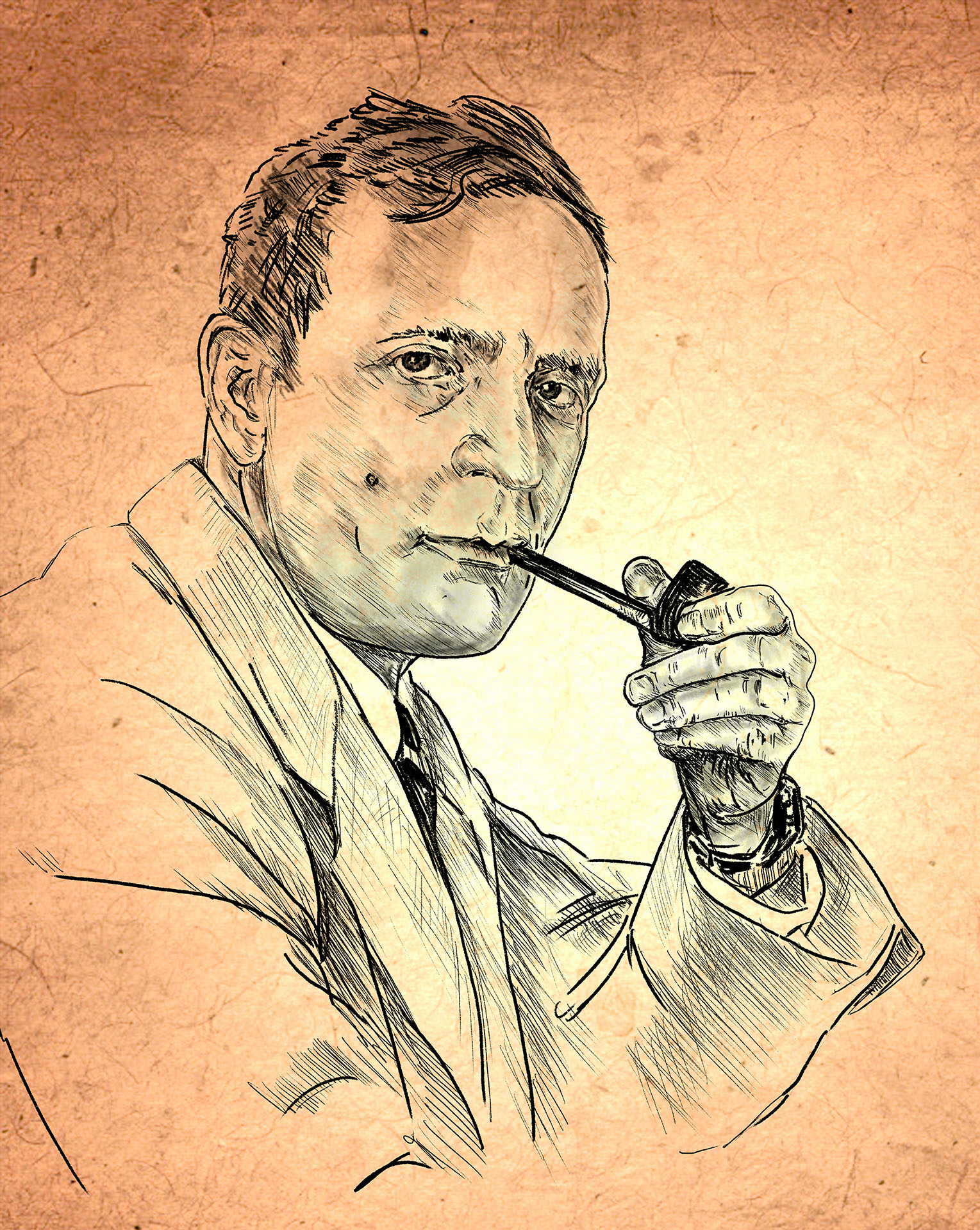
Edwin Hubble
Definition
Edwin Hubble was an American astronomer who made many important discoveries about the universe. He is best known for discovering that the universe is expanding. This means that the galaxies are moving away from each other, and that the universe is getting bigger all the time.
Hubble's discovery was based on his observations of the redshifts of galaxies. Redshift is a phenomenon that occurs when light from a distant object is stretched, which causes its wavelength to increase. This shift in wavelength is seen as a change in the color of the light, with objects that are moving away from us appearing redder than they would if they were not moving.
Hubble's observations showed that the redshift of a galaxy is proportional to its distance from Earth. This means that the more distant a galaxy is, the faster it is moving away from us. This led Hubble to conclude that the universe is expanding.
Hubble's discovery had a profound impact on our understanding of the universe. It showed that the universe is not static, but that it is constantly changing and evolving. It also helped us to understand the history of the universe, and to estimate its age.
Hubble's work is still considered to be groundbreaking today, and it has helped to shape our understanding of the universe. He is considered to be one of the most important astronomers of the 20th century.
How can the word be used?
Edwin Hubble's observations of galaxies led to the realization that the universe is much larger than previously thought.

Different forms of the word
The full name of Edwin Hubble is Edwin Powell Hubble. Edwin Hubble is a proper noun.
Etymology
The name Edwin Hubble is of English origin. The first name, Edwin, is a Germanic name that means "rich friend." The surname, Hubble, is derived from the Old English word hubba, which means "hump.".
Question
What is Edwin Hubble famous for?
AQA Science Exam Question and Answer
Question:
Explain the contributions of Edwin Hubble to our understanding of the universe and the concept of the expanding universe. Describe Hubble's observations and how they led to the formulation of Hubble's Law. Provide examples of the significance of Hubble's discoveries in modern cosmology and their impact on our understanding of the Big Bang theory and the age of the universe.
Answer:
Edwin Hubble made significant contributions to our understanding of the universe and its expansion. Through his observations of distant galaxies, Hubble discovered a correlation between their redshift (the stretching of light wavelengths) and their distance from Earth. This led to the formulation of Hubble's Law, which states that galaxies are receding from us at speeds proportional to their distance. Hubble's Law provided crucial evidence for the concept of an expanding universe, implying that the universe was once much smaller and denser, supporting the Big Bang theory.
Hubble's discoveries revolutionised cosmology, revealing that our universe is not static but constantly evolving. By measuring the rate of expansion, scientists estimate the age of the universe and gain insights into its past and future. Hubble's work has been instrumental in shaping modern cosmology, deepening our understanding of the universe's origins, evolution, and ultimate fate.